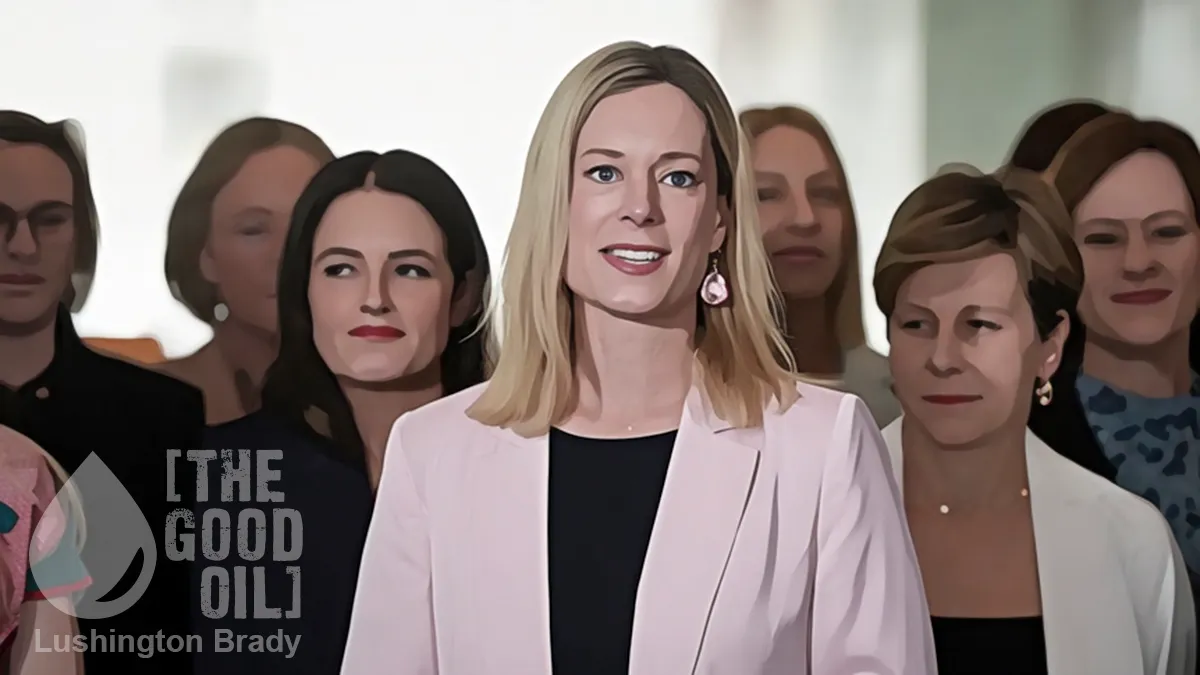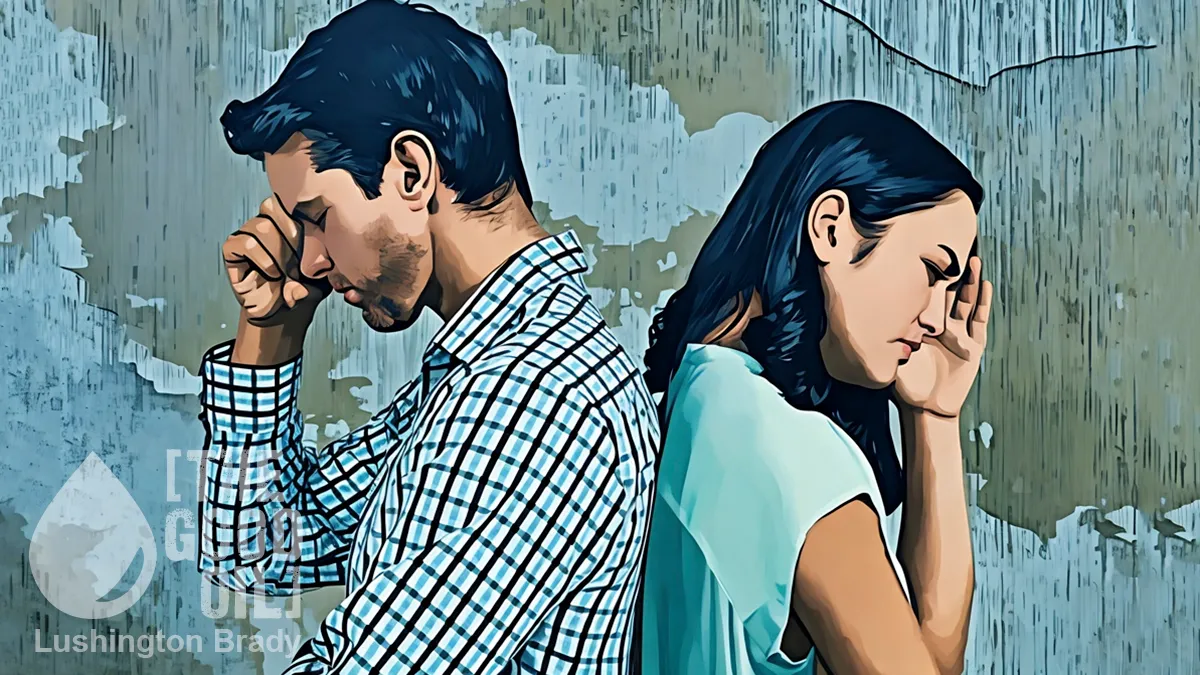Table of Contents
Rachael Wong
mercatornet.com
Rachael is a barrister, Managing Director at Women’s Forum Australia, and an Adjunct Lecturer in the School of Law at the University of Notre Dame Australia. She previously worked with the Law Reform Commission in Samoa to bring about legislative reform to improve the lives of Samoan women and girls.
A story has surfaced about a prostitute in Adelaide who alleged she was raped after a male client removed his condom without consent during sex.
The woman said she was too scared to report the incident to police, as prostitution is still under the criminal law in South Australia. The SA Police have since provided assurance that “sex industry workers should not fear prosecution in disclosure of such reports” and that all sexual offences would be investigated.
The woman, along with sex industry advocates, is claiming that the story shows the urgent need to fully decriminalise prostitution in order to protect those in the industry.
The claim that decriminalisation will improve “safety” for prostituted persons is a common catch cry of sex industry advocates. Similar assertions were made in relation to Victoria’s review of prostitution laws last year, and have again been repeated regarding the recently announced inquiry into the decriminalisation of prostitution in Queensland.
Speaking about the incident in Adelaide, Sex Industry Network general manager Kat Morrison said: “The perpetrator of this crime is not held accountable and can continue to offend. We should be outraged that in 2021, in the era of the ‘me too’ movement, we have women working in an industry who do not feel safe because the law does not protect them.”
Hold on a second. A woman is raped and the response is that prostitution needs to be removed from the criminal law so that she and other women can feel “safe” at “work” and not fear prosecution when reporting the assaults that take place in the course of their “jobs”?
Surely a more sensible response would be to recognise the inherently exploitative, dangerous and harmful nature of prostitution; that it is not “like any other job”; and that by its very nature, can never be made “safe”.
Morrison tries to brush off rape and sexual assault as being “rare in sex work” on the one hand, while also stating that it is “consistently underreported or not reported at all” on the other.
A study of prostitution and trafficking in nine countries found that “for the vast majority of the world’s prostituted women, prostitution and trafficking are experiences of being hunted down, dominated, sexually harassed and assaulted.” A Canadian woman told the researchers, “What rape is to others, is normal to us.”
The same study found that prostitution was multi-traumatic: 71 per cent were physically assaulted in prostitution; 63 per cent were raped; 89 per cent of these respondents wanted to escape prostitution, but did not have other options for survival. A total of 75 per cent had been homeless at some point in their lives; 68 per cent met criteria for PTSD.
What is outrageous “in the era of the ‘me too’ movement’”, is that this industry exists at all. Prostitution is rooted in gender inequality and treating it as “work” sends the toxic message that the sexual objectification, exploitation and commodification of women and girls is both normal and acceptable.
Tegan Larin, spokesperson for the Coalition Against Trafficking in Women Australia and a PhD candidate at Monash University, has pointed out the “deep contradiction”.
““We’re saying two things: on the one hand, men should respect women and they don’t have a right to women’s bodies,” she says. But then at the same time, this industry says, ‘you have a right as long as you pay a fee’.”
Dr Melissa Farley, an American research and clinical psychologist who has published extensively on the harms of the sex industry, has insisted that #MeToo must include prostitution.
She maintains that the experience of sex trade survivors who endure sexual harassment and rape in exchange for money is in the same vein as vulnerable women who endure the same for career advancement. Both are exchanging something of value for sex acts. Of course, there are varying degrees of agency in either situation, but the male entitlement to, and objectification of, women’s bodies is the same.
“The supremacist logic of the man who has more power than a woman, whether he is her boss, doctor, lawyer, teacher, president — is the same as the sex buyer: “I pay you so I own you so I can do anything I want to you,” says Dr Farley.
But as anti-prostitution activist Evelina Giobbe explains, “Prostitution is set apart from everything that people are me-tooing about.” While the world condemns sexual exploitation, “a special caste of prostituted women is created to guarantee men unconditional sexual access to women.”
The Adelaide woman in question may “do this job by choice”, but how many more women have entered prostitution as a result of childhood abuse, poverty, grooming or coercion, rather than as a free choice? How many, once “choosing” to enter the industry, are then subject to all manner of violence and indignities? And how many women and girls – from all walks of life – feel the knock-on effects of an industry that glamorises abusive behaviours and the sexual subordination of women?
Law reform is undoubtedly needed in this area, but reform that will deliver real results for women in South Australia, rather than legitimising the sexual abuse of women as “work”.
In this regard, the Nordic legislative model has already delivered positive change overseas in countries like Sweden, Canada and France. Recognising the inherently exploitative nature of prostitution, the model addresses demand by criminalising the buyer only and provides exiting services for women wishing to leave the industry. In the decade and a half after it was first implemented, the level of street prostitution was halved in Sweden and trafficking declined dramatically.
As the South Australian parliament considers legislative reform around prostitution, it has the opportunity to lead Australia in adopting the Nordic Model’s innovative approach and implementing laws that truly protect prostituted women.
It is high time we stop turning a blind eye to the “special caste of prostituted women” and approach the issue of sexual exploitation consistently. We must work to end all forms of sexual exploitation.
This piece was originally published in The Spectator Australia.
Please share this article so that others can discover The BFD.









